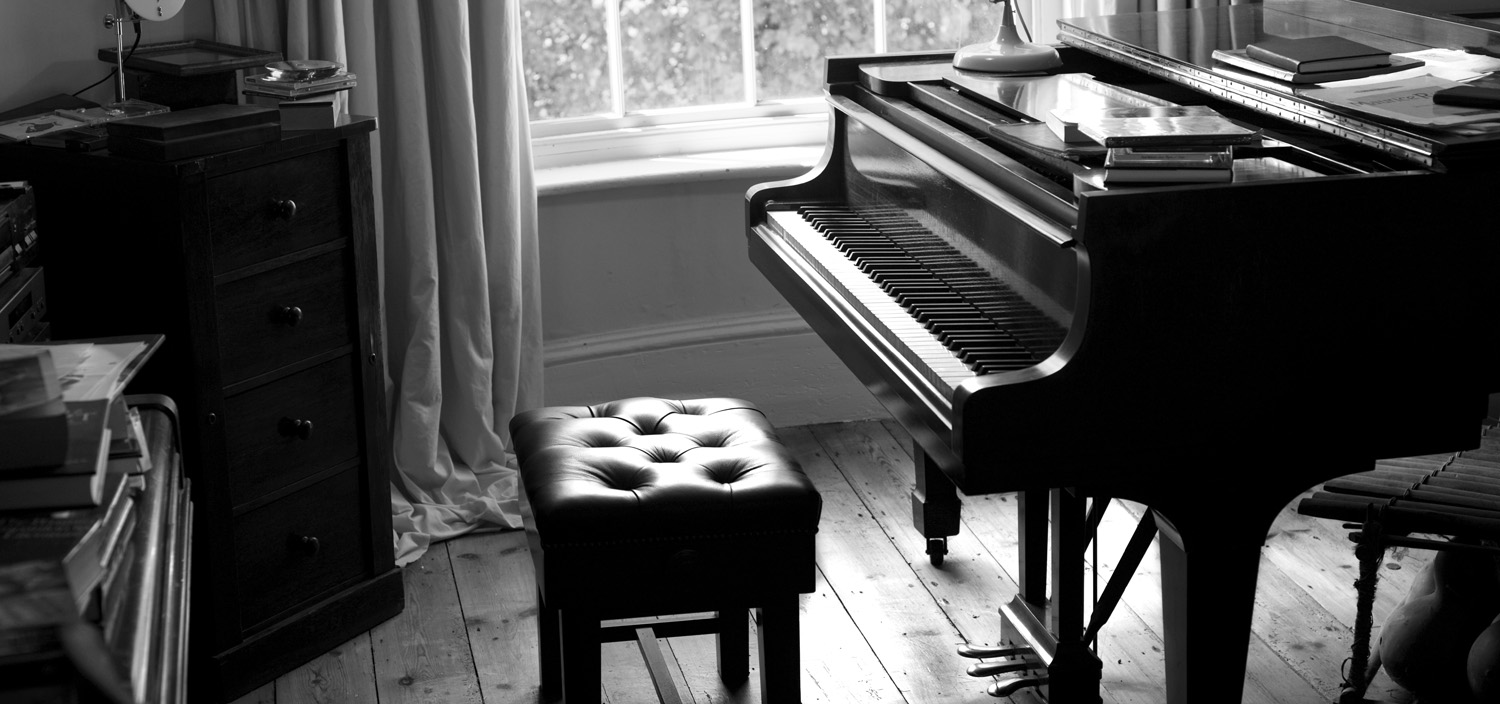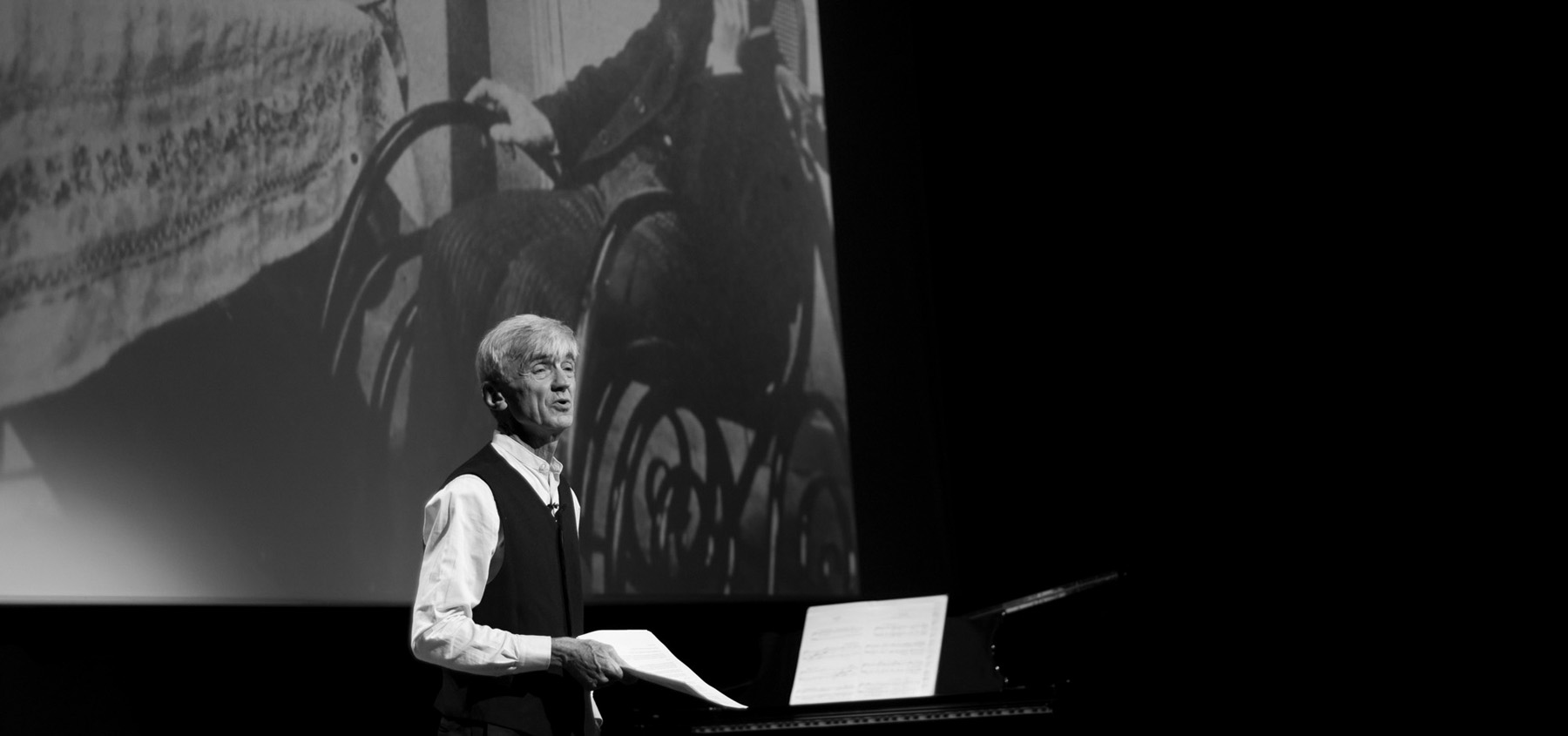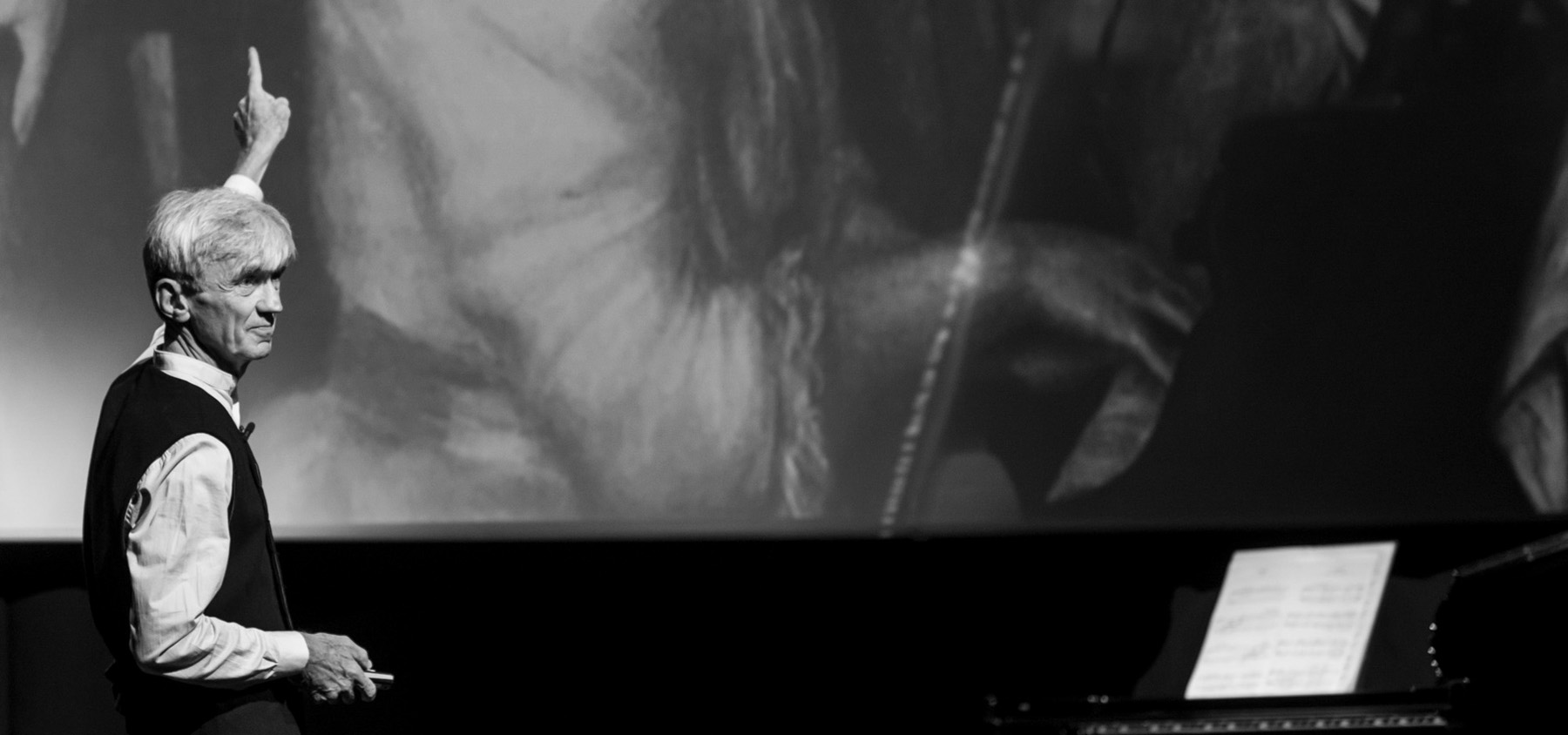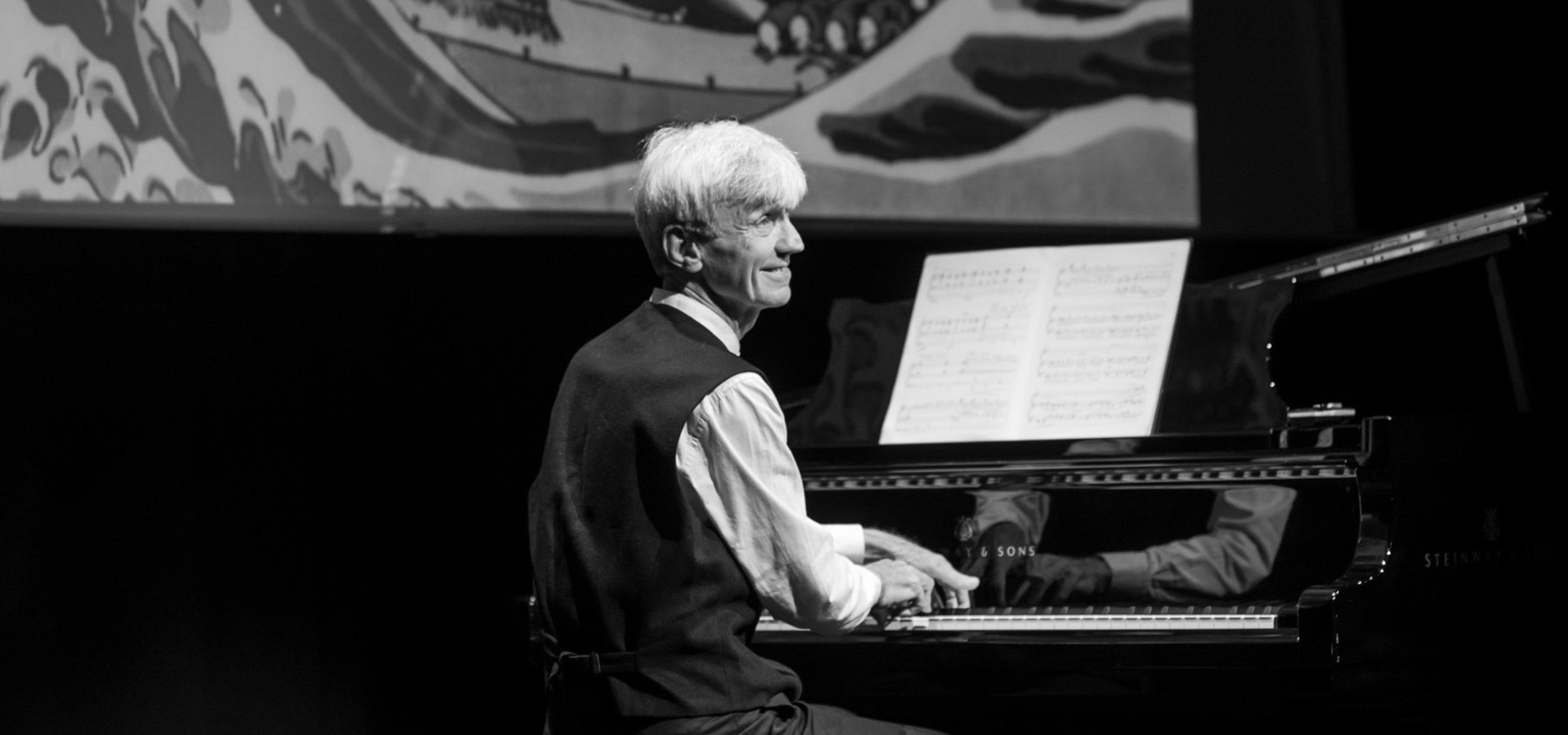Liszt's Petrarch Sonnets
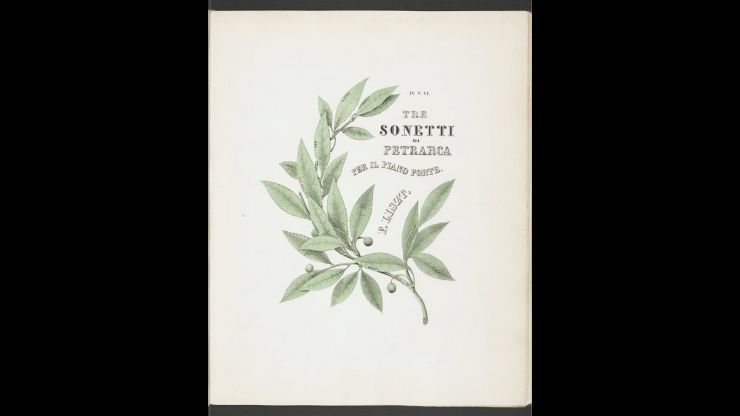
Liszt's fascination with the sonnets of Petrarch, the foundation of European love poetry, began during his stay in Italy during his mid twenties (1837-39) and remained with him all his life. He returned again and again to Petrarch, in song settings, piano settings, revisions, and transcriptions. The three great piano pieces known as the 'The Petrarch Sonnets,' from the Italian book of Liszt's Years of Pilgrimage, form a significant part of my book Reading Franz Liszt (for a brief excerpt see Books).
It is fascinating to hear Petrarch's poetry read in the original Italian - which happened recently in a lecture recital I gave at the Guildhall School of Music & Drama in which one of my piano students from Italy was persuaded to read 'Benedetto sia 'I giorno' (Sonnet 47*). It was immediately apparent that Liszt's music was not only a response to the meaning of Petrarch's poem, but also to the sound of the language, its characteristic inflections, its musicality and above all the manner in which Petrarch creates rhymes. It was wonderful hearing the rhymes. And we discovered that Liszt's music rhymes. The sonnet begins:
Oh blessed be the day, the month, the year, Benedetto sia 'l giorno, e 'l mese, e l'anno,
the season and the time, the hour, the instant, E la stagione, e 'l tempo, e l' ora, e l' punto,
the gracious countryside, the place where I E 'l bel paese, e l' loco, ov'io fui giunto
was struck by those two lovely eyes that bound me Da duo begli occhi, che legato m'hanno
The sound of poetry cannot be truly carried across from one language to another. The English translation wisely doesn't attempt rhyme, which would get nowhere near the sound of Italian. All that can be done is to make the meaning clear, but much is lost. Meaning resides as much in sound and rhythm as it does in syntax. We might even argue that Liszt's music is in many respects a mode of translation. I will argue this in my book.
* Since Liszt's discovery of Petrarch scholars have renumbered the Sonnets, so Liszt's 'Sonetto 47 del Petrarca' is now found as Sonnet 61. There are 366 sonnets in all, one for each day of the year, all addressed to Laura, the object of Petrarch's unrequited love.
